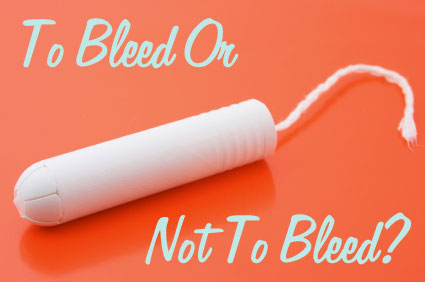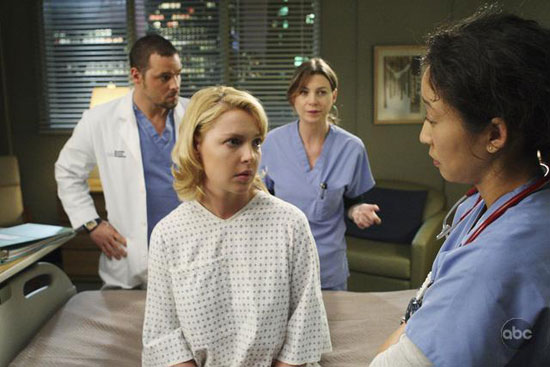
Grass is always greener on the married side of the cancer fence. Or is it? Here’s a quote from Katie Smith, who I interviewed while researching Everything Changes:
“I learned about my diagnosis in the recovery room after waking up from an operation and learning they had done a hysterectomy. The first thing I thought was ‘What is my husband going to think of me now?,’ because we had been trying to get pregnant.
“I started seeing differences in how he acted with me. We weren’t getting along. We still wanted kids and he really wanted surrogacy. It was hard for me to think about our kid being half him and half from another woman. I wanted to adopt so it would feel equal. We talked a lot about it. I signed up for an adoption class but he never showed up to class. I was so mad sitting there by myself. That was a big sign to me that he wasn’t that interested. Our marriage broke up two months later.”
I hear so many stories about the single cancer patient who finally falls in love (yep, I’m one of them too.) But what about people for whom cancer crumbles a relationship? Did you know that the divorce rate for terminal cancer patients is higher than the national average?
I know from experience that being single with cancer can suck, but I think that having cancer in an unloving or unstable relationship must be equally if not more challenging. A lot of relationships that are already on the rocks sometimes just cannot sustain the emotional, financial, sexual, and fertility stress of cancer.
Some studies show that older couples often weather the marital stresses of cancer better, and that young couples are more likely to divorce in cancer situations than older couples. Why? When you’ve been with someone for decades you learn how they respond to stress. Many older couples have already had kids. They also have different expectations about what needs to happen when you jump in the sack. Not always so for us young ones.
I’m curious to know, has illness made an impact on your relationships? Has it taught you something about your partner you didn’t already know? If your relationship ended during illness, was there any sense of relief that came along with the stress or sadness?
Learn more about cancer marriage and divorce from HollyAnna, Tracy, and Sheila in Everything Changes: The Insider’s Guide to Cancer in Your 20s and 30s.
11/11/09 - I wanted to give a quick update to this post. A study just out shows that a woman is six times more likely to be separated or divorced soon after her cancer diagnosis than if the man in the relationship is the patient. Wow. The rate when the woman was the patient was 20.8 percent compared to 2.9 percent when the man was the patient. It also shows that the longer the marriage, the less chance of divorce after a diagnosis.
The study, “Gender Disparity in the Rate of Partner Abandonment in Patients with Serious Medical Illness,” was published in the Nov. 15 issue of the journal Cancer. The other corresponding author is Michael Glanz, M.D., of the Huntsman Cancer Institute at the University of Utah School of Medicine.
![]()
![]()


 “Everything Changes is, without doubt, the most forthright, emotionally sophisticated, and plain-old valuable book of its kind I've seen.”
“Everything Changes is, without doubt, the most forthright, emotionally sophisticated, and plain-old valuable book of its kind I've seen.”












